-
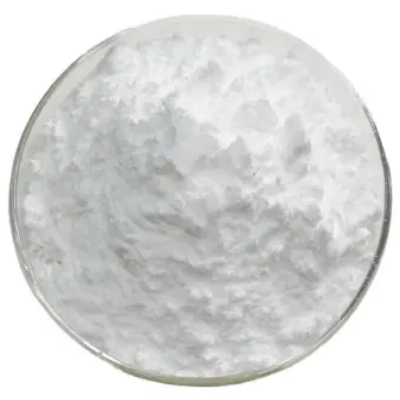
Magnesium Glycinate CAS:14783-68-7
Magnesium glycinate is a form of magnesium supplement that combines magnesium with glycine, an amino acid known for its calming properties. This chelated form of magnesium offers high bioavailability and minimal gastrointestinal side effects, making it a popular choice for individuals seeking to address magnesium deficiencies.
-
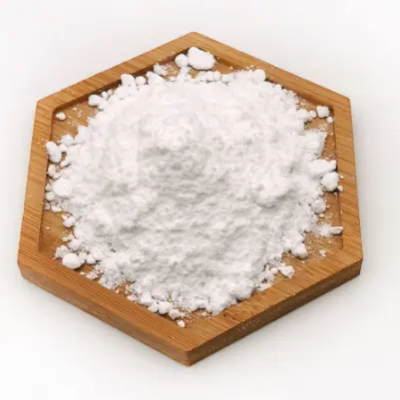
Malic Acid CAS:6915-15-7
Malic acid is a natural organic compound found in various fruits and vegetables, including apples. It is widely used as a food additive due to its sour taste and ability to enhance flavors. Malic acid also plays a role in cosmetic formulations, pharmaceutical products, and industrial applications.
-
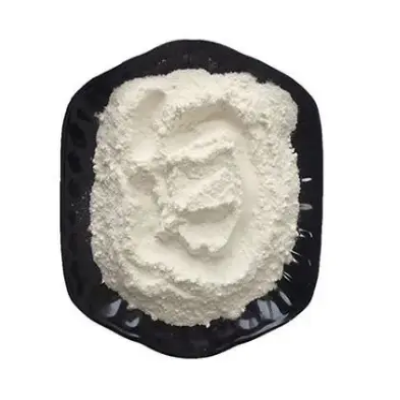
Manganese Gluconate CAS:6485-39-8
Manganese gluconate is a form of manganese supplement that combines manganese with gluconic acid, offering a readily absorbable source of this essential mineral. Commonly used in dietary supplements, manganese gluconate supports various physiological functions and overall health.
-
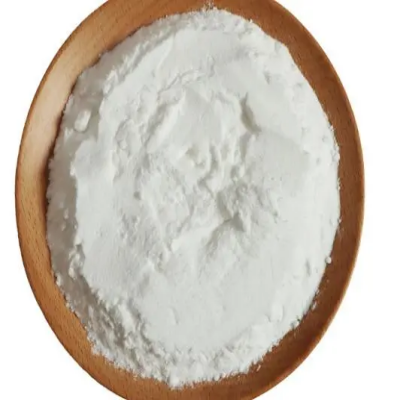
Magnesium Gluconate CAS:3632-91-5
Magnesium gluconate is a mineral supplement that combines magnesium with gluconic acid, resulting in a form of magnesium known for its bioavailability and gentle effects on the digestive system. Widely used as a dietary supplement, magnesium gluconate provides an effective means of addressing magnesium deficiencies and supporting overall health.
-
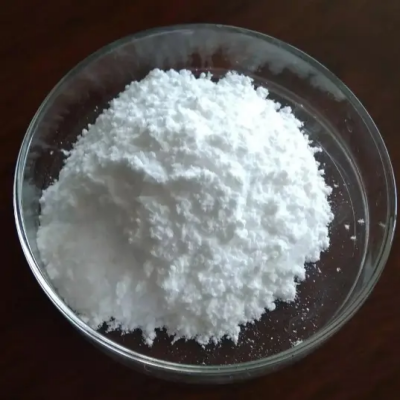
Copper Glycinate CAS:13479-54-4
Copper glycinate is a chelated form of copper in which the mineral is bound to the amino acid glycine. This results in a highly bioavailable and absorbable form of copper, making it an ideal choice for dietary supplements and fortified food products. With its superior stability and gentle digestive properties, copper glycinate offers an effective means of supporting copper intake for individuals with specific nutritional needs.
-
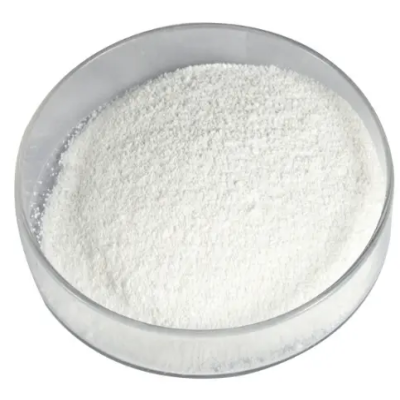
Papain CAS:9001-73-4
Papain is a proteolytic enzyme derived from the latex of the papaya fruit (Carica papaya). This powerful enzyme has widespread applications in various industries, including food, pharmaceuticals, and cosmetics, due to its ability to break down proteins and aid in digestion. Papain is known for its protein-digesting properties and is used for its potential health benefits and industrial uses.
-
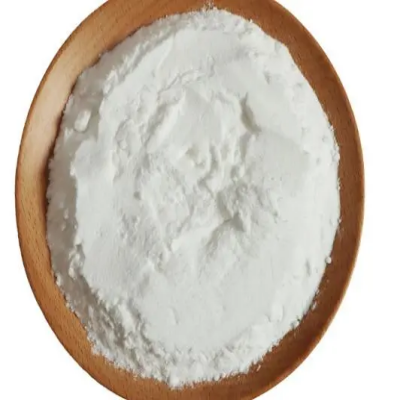
Sodium Molybdate CAS:7631-95-0
Sodium molybdate is a chemical compound containing sodium and molybdenum, recognized for its diverse applications in industrial processes, agriculture, and as a source of molybdenum. Widely used as a corrosion inhibitor, fertilizer additive, and catalyst precursor, sodium molybdate plays a vital role in various sectors.
-
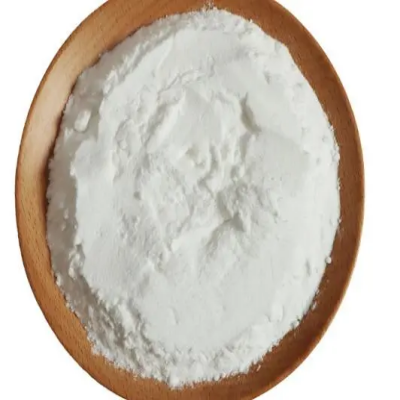
Potassium Iodide CAS:7681-11-0
Potassium iodide is a chemical compound comprising potassium and iodine, recognized for its applications in medicine, radiation emergencies, and as a source of iodine. Widely utilized in the pharmaceutical industry and emergency preparedness, potassium iodide plays a crucial role in addressing iodine deficiencies and protecting the thyroid gland from radiation exposure.
-
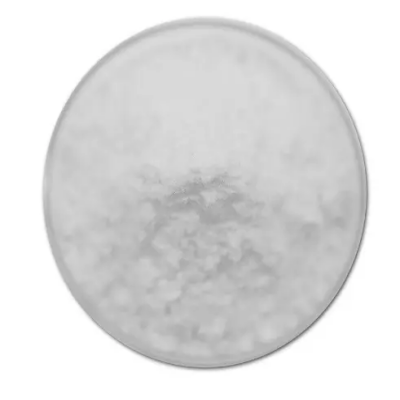
Potassium Citrate CAS:866-84-2
Potassium citrate is a potassium salt of citric acid, recognized for its role as an alkalizing agent and potassium supplement. Widely utilized in the pharmaceutical and food industries, potassium citrate plays a critical role in addressing conditions related to urinary health and electrolyte balance.
-
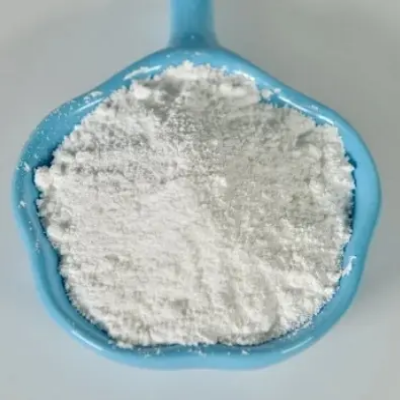
Sodium Benzoate CAS:532-32-1
Sodium benzoate is a widely used food preservative known for its ability to inhibit the growth of bacteria, mold, and yeast in various food and beverage products. It is commonly employed to extend the shelf life of acidic foods and beverages due to its effectiveness in preventing spoilage.
-
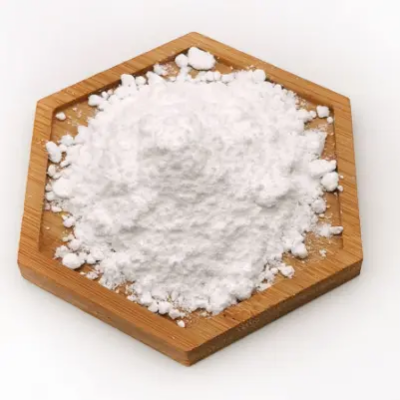
Potassium Sorbate CAS:590-00-1
Potassium sorbate is a widely used food preservative, known for its ability to inhibit the growth of molds and yeasts in various food products. It is a salt of sorbic acid and is utilized to extend the shelf life of numerous perishable goods.
-
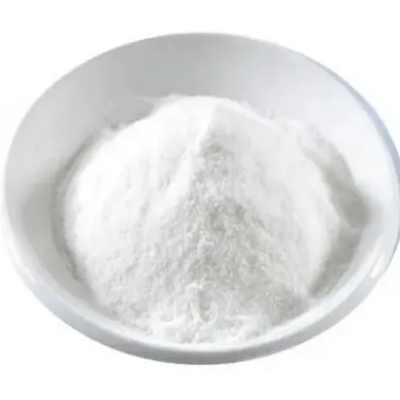
Xanthan Gum CAS:11138-66-2
Xanthan gum is a natural polysaccharide produced through the fermentation of carbohydrates by the bacterium Xanthomonas campestris. Recognized for its unique rheological properties, xanthan gum functions as a versatile thickening and stabilizing agent in various industries, including food, pharmaceuticals, and personal care.

